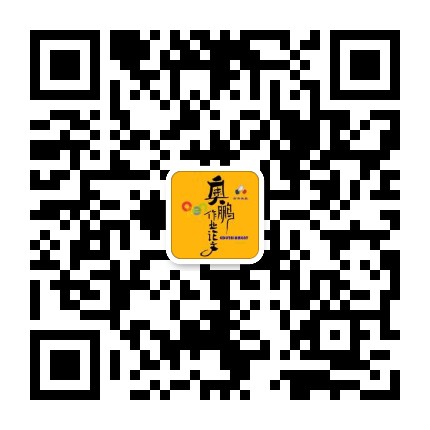地大《大学英语(3)》FAQ(十)
1. 表达因果关联的短语
1.1 (to be) due to
due to ,“因为”,表示原因,由描述词due与介词to构成,可用于 be due to 构造。to为介词,前面跟名词、名词性短语或代词等。
(1) The high rate of unemployment is due to the recession.
赋闲率高是因为经济不景气形成的。(作表语)
(2) His success is due to hard work.
他的成功是尽力任务的成果。(作表语)
(3) The match was cancelled due to rain.
因为下雨比赛被撤消了。(作状语)
1.2 to cause / to lead to
这两种表达意思邻近, 表示“招致,惹起”,但cause可能用于主动语态,
be caused by,而lead to不克不及用于主动语态。
lead to 中 to 为介词,前面跟名词、名词性短语或代词等。
(1) Unemployment can cause unhappiness.
赋闲可能招致苦楚。(主静态)
(2) Unemployed can lead to unhappiness. (主静态)
(3) Unhappiness can be caused by employment. (被静态)
1.3 because of
because of 是由两个词构成的复合介词,前面跟名词、名词性短语或代词等。
(1) I came back because of the rain.
因为下雨我就返来了。
(2) Crime can occur because of poverty.
犯法可能因为贫困而形成。
2. 神态动词表示奉劝跟倡议
2.1 must的用法
must 意思是“必须”,重要表示任务跟强迫,用于倡导议时语气直接、倔强。
罕见情势有:must (必须/必定要) ,must always (必定总要),mustn’t (必定不要/不克不及),must never (永久不克不及/千万不克不及) 。
(1) You must keep the key in your pocket.
你必定要把钥匙放在衣袋里。
(2) You mustn’t go through a park alone at night.
夜间你必定不要单独一人穿过公园。
(3) You must never say that again.
千万不要再说那样的话了。
2.2 should的用法
should 意思是“应当”,用于第二人称时可表示温跟的倡议或命令,也可表示激烈的语气。
(1) You should see a doctor now.
你现在就应当去看病。 (温跟)
(2) You should mind your own business.
你该尽管好你本人的事。(激烈)
2.3 ought to的用法
ought to 跟should意思邻近,在一般生活交际中人们多用should。
ought to do something 是断定情势,否定情势not要放在ought to的旁边,否定情势是 ought not to。
You ought not to smoke so much. 你不该当抽这么多的烟。
2.4 用虚拟语气倡导议
倡导议,偶然还会这么讲,我是你的话,我会怎样做。我弗成能变成你,这是一个假设的情况,要用虚拟语气,句式是:If I were you, I would do something. 提警告还可能用remember to do sth.的句型。
2.5 一般对话中的奉劝跟倡议表达
– I’m going away for a week.
– If I were you, I’d give the key to neighbours, so that they can get in if necessary.
– I’m going away for a week.奥鹏地大答案请进:opzy.net或请联系微信:1095258436
– Remember to set a timer for the lights, so that burglars think you are at home.
– I’m going away for a week.
– You ought to put a burglar alarm on the house, so that burglars go somewhere else.
– I’m going away for a week.
– You should lock all the doors and windows, so that burglars can’t get in.
 奥鹏作业网
奥鹏作业网